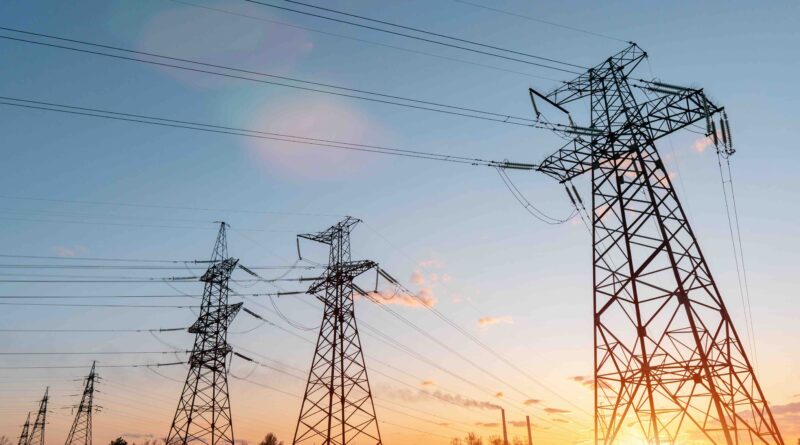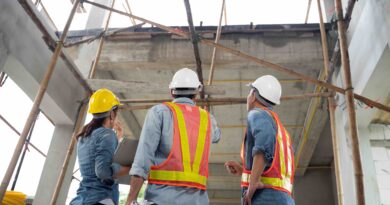Developments in U.S. Federal Infrastructure Policy and Funding
The focal accomplishments of the Biden administration revolve around infrastructure, notably highlighted by the Infrastructure Investment and Jobs Act of 2021 (IIJA), the Inflation Reduction Act of 2022 (IRA), and the CHIPS and Science Act of 2022 (CHIPS Act).
According to Financier Worldwide, US energy policy is firmly oriented toward decarbonisation through transition from oil & gas to electrification in all economic sectors and based on expanded use of renewable electric generation. The IIJA and IRA establish or expand grants, loans and tax credits to support that transition. Despite the political headwinds, oil & gas maintains its relevance to the US economy and geopolitical framework, as evidenced by record levels of domestic production, much of it directed to critical external markets.
Renewables. Solar and wind dominate new renewable installations in the US. Tax credits have supported these industries since their infancy and the IIJA and IRA vastly expand the potential value, availability and transferability of these credits, but not without challenges. New rules for the tax credits set significant requirements for domestic content and labour wages needed to unlock the maximum statutory benefits. Other rules and guidance have yet to be released, causing investor caution. Solar and wind are also dependent on import-dominated supply chains. The Biden administration has so far waived supplemental tariffs on certain solar module imports, highlighting a trade-off between support for new solar generation versus support for domestic solar manufacturing.
The next frontier in utility scale renewables is offshore wind. States and the federal government have used regulatory tools and tax credits as incentives and developers have invested billions in projects along the eastern seaboard. But inflation, higher interest rates and supply chain bottlenecks have thrown many of the new developments off budget and schedule, leading to cancelled offtake contracts, suspended joint ventures and investment write offs. Nonetheless, policy support and investment interest remain strong, and more regions, such as the Pacific coast and the Gulf of Mexico, are being explored and permitted for new projects.





